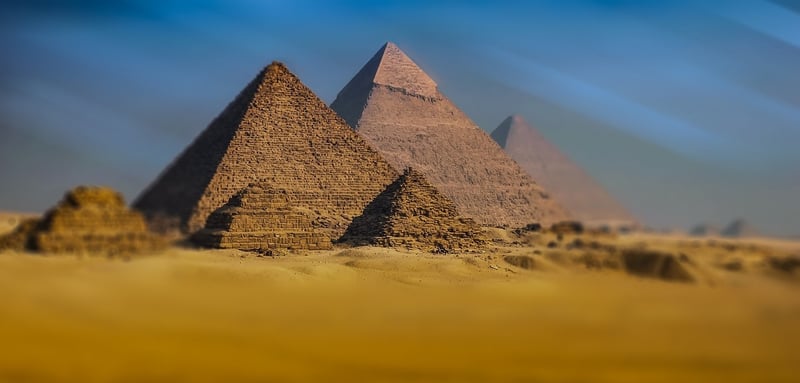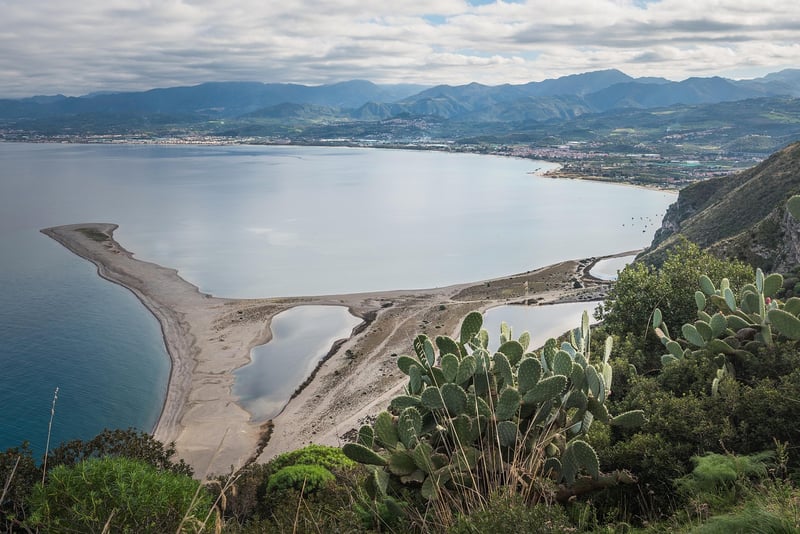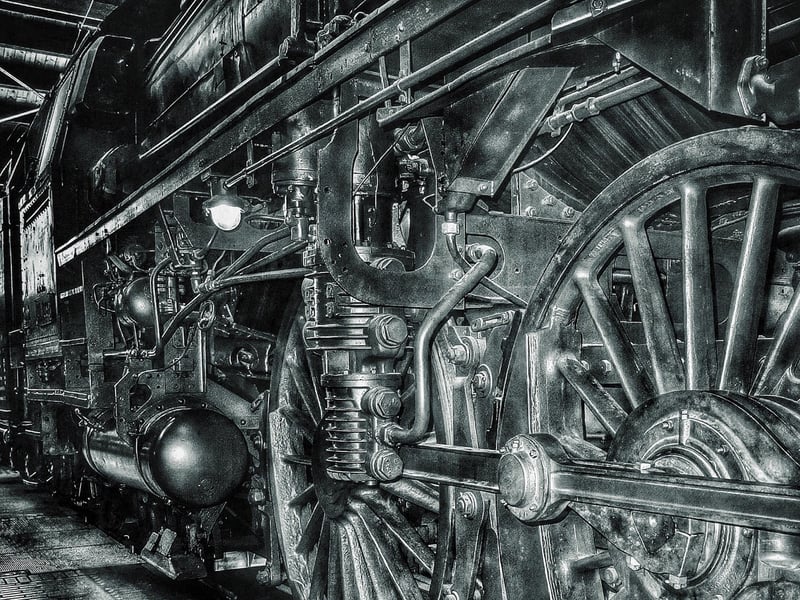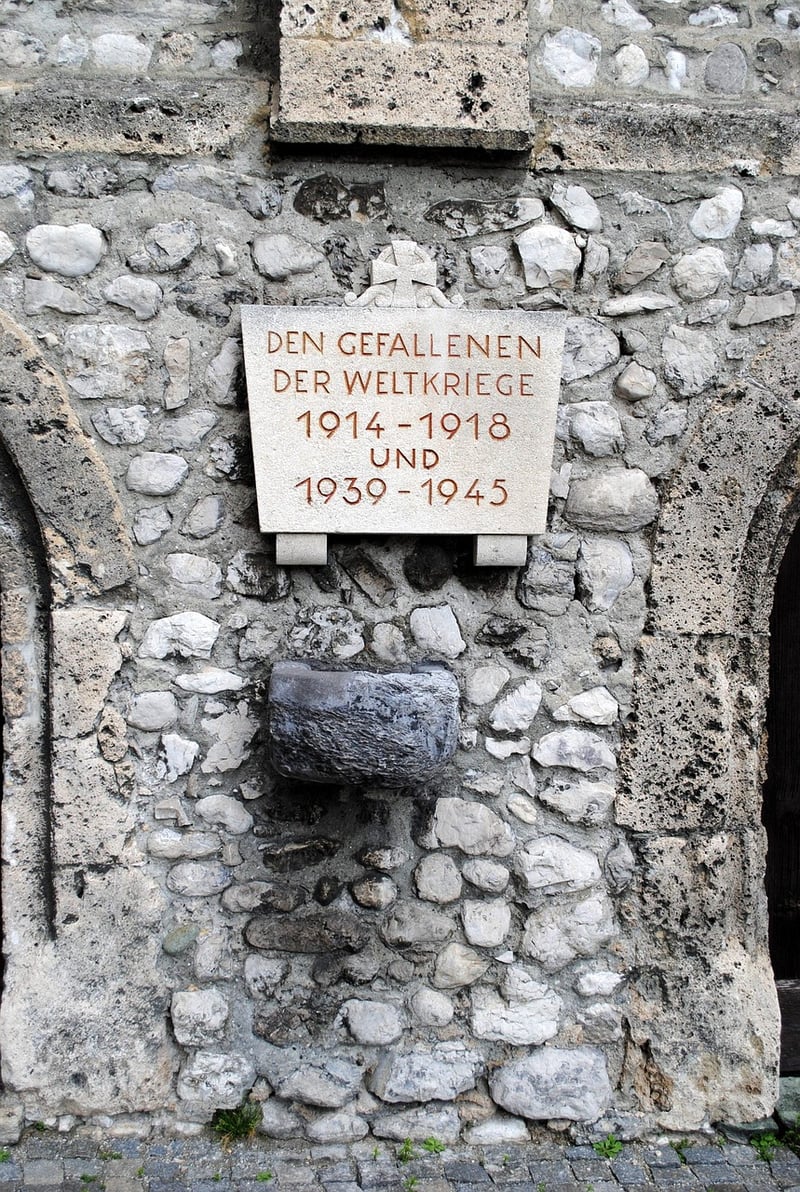Historical Events
Exploring Historical Periods and Significant Events
History is a fascinating tapestry woven with various historical periods and significant events that have shaped the world we live in today. Delving into these moments allows us to understand the past, appreciate our present, and envision the future. Let's embark on a journey through time to explore some of the most influential historical periods and events.
Ancient Civilizations: The Cradle of Human Civilization
Ancient civilizations such as Mesopotamia, Egypt, Greece, and Rome laid the foundation for modern society. From the invention of writing in Mesopotamia to the construction of the pyramids in Egypt, these societies made remarkable advancements in architecture, art, governance, and philosophy.

The Renaissance: Rebirth of Art and Knowledge
The Renaissance period in Europe marked a resurgence of interest in art, literature, science, and exploration. Visionaries like Leonardo da Vinci, Michelangelo, and Galileo Galilei made groundbreaking discoveries and created masterpieces that continue to inspire us today.

The Age of Exploration: Charting New Horizons
During the Age of Exploration, European navigators set sail to discover new lands and establish trade routes. Explorers like Christopher Columbus, Vasco da Gama, and Zheng He expanded the known world, leading to cultural exchanges and the globalization of trade.

The Industrial Revolution: Transforming Society with Innovation
The Industrial Revolution brought about a dramatic shift from agrarian economies to industrialized societies. Inventions like the steam engine, spinning jenny, and telegraph revolutionized transportation, manufacturing, and communication, ushering in a new era of progress and urbanization.

World Wars: Shaping the Modern World
The two World Wars of the 20th century had a profound impact on global politics, economies, and societies. The devastation caused by these conflicts led to the reconfiguration of power dynamics, the rise of new nations, and the establishment of international organizations like the United Nations to promote peace and cooperation.

By exploring these historical periods and events, we gain a deeper appreciation for the complexities of the past and the interconnectedness of human experiences throughout time. Let us continue to learn from history as we navigate the challenges and opportunities of the present and future.
